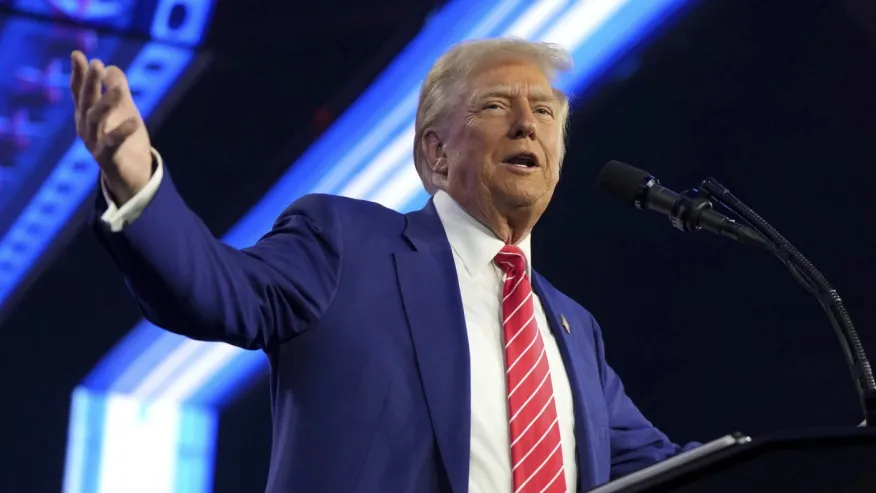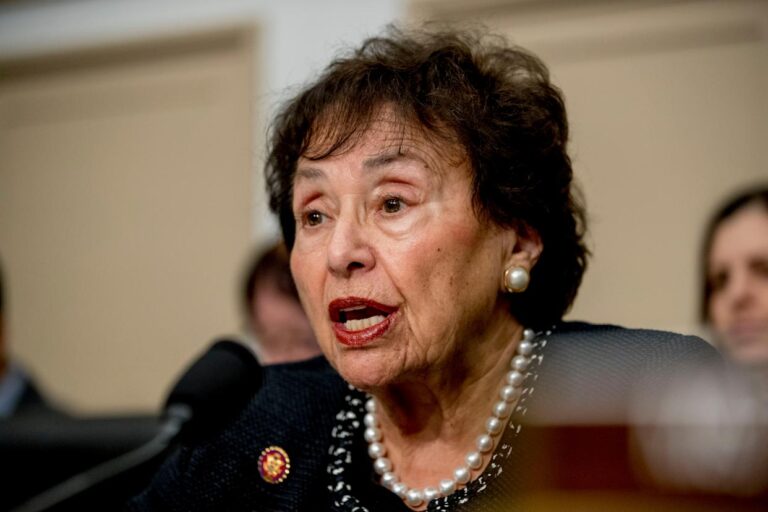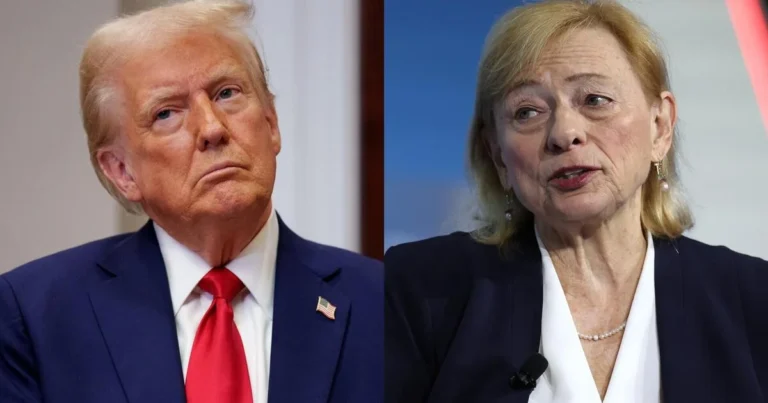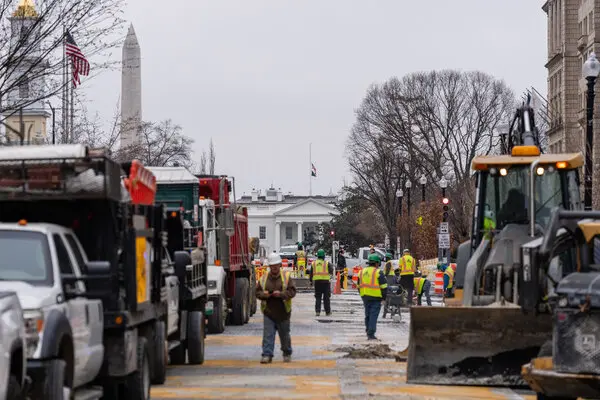
- Trump will face no prison time or fines for the crime
- He remains a convicted felon
- An unconditional discharge has been used for low-level crimes

On Friday, Judge Juan Merchan handed down a sentence of unconditional discharge to President-elect Donald Trump in his New York hush-money case.
Trump was convicted of 34 felonies related to falsifying business records in the case, which he has appealed without success.
What is unconditional discharge?
An unconditional discharge waives legal penalties for a crime but does not negate the conviction. When handing down the sentence, Merchan stressed that it was due to legal protections of the office of president but not to the individual.
The verdict in the case still stands and Trump remains a convicted felon.
Is there any punishment under unconditional discharge?
Trump will not face any jail time or probation in the case. He will also not face any fines.
What does the unconditional discharge sentence mean for Trump?
Practically speaking, nothing will change for the president-elect, who will take office as planned on Jan. 20, the first convicted felon to occupy the White House.
Others sentenced to unconditional discharge
Unconditional discharge has been used in cases before in New York, usually those with low-level offenses.
Cases that have ended with an unconditional discharge include a lawyer who was found guilty of misdemeanor charges for falsifying business records, a lawyer who failed to pay taxes and individuals convicted of charges including speeding, refusing to take a field sobriety test, marijuana-related convictions and trespassing.



